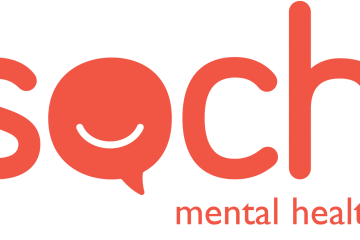Soch was recently featured in an article on CBC. Here’s an excerpt where we were mentioned.
You can read the entire article here.
Jasmeet Chagger, a registered nurse and co-founder of Soch Mental Health, a non-profit that holds wellness sessions in English, Punjabi and other languages in Peel Region, says the pandemic brought on a new wave of inquiries.
Some people were already having mental health concerns that the pandemic made worse. Others had not considered mental health important for them until the pandemic awakened a new need, and in some cases, new openness to support, she says.

Chagger says the demand for support from South Asian service providers was acute, as people grappled with lockdown challenges and interruptions to traditional grieving processes. For some it was the desire to speak about difficult things in their primary language, she says. But that wasn’t the only factor.
“Some people that we’ve spoken to that are born and raised here, have lived their whole life here, [but] they still want a South Asian therapist,” Chagger said, noting that awareness of things like South Asian family dynamics can make a significant difference.
During the pandemic, Soch led well-attended group sessions for women living in multi-generational homes with their in-laws and other extended family, something common in South-Asian Canadian households, she says. The sessions helped participants grapple with challenges of working from home, boundaries and other issues.
Behind the stigma
But in spite of the increasing need for mental health supports, not all respondents felt like they could seek help.
Chagger says in many South Asian languages, such as Punjabi, there aren’t even words to describe some mental health issues.
“We have certain labels for people that have a mental health issue. And the only translation I can think of is literally ‘crazy,'” she said.
When mental health issues are deeply stigmatized, not everyone feels like they can reach out for help, Chagger says.

0 Comments